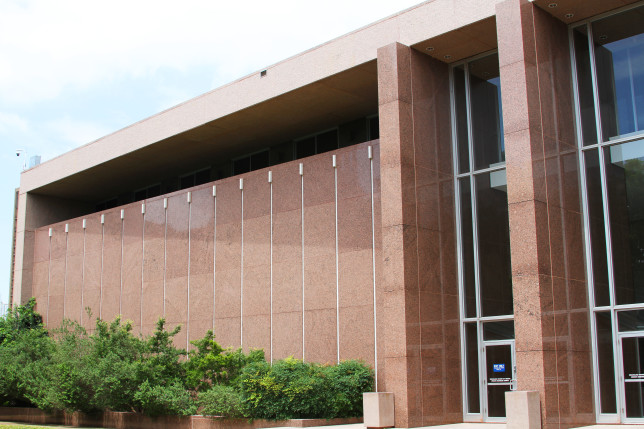Cruz v. State
No. PD-0082-14
Case summary written by Justin Stevens, Staff Member.
PRESIDING JUDGE KELLER delivered the unanimous opinion of the court.
After a taco-stand operator in Austin was murdered, a fingerprint taken from a soft-drink bottle at the scene of the crime was matched to a person with multiple aliases. This person later identified to be Adelfo Cruz had an active DUI warrant from Illinois and was arrested by United States Marshals after being contacted by the detectives assigned to the murder. While being booked by local law enforcement, Cruz gave a false name and an address, but no telephone number. The detectives from Austin traveled to Illinois to question Cruz about the murder in Austin. The detectives suspected that Cruz had given several false names to Illinois authorities and asked Cruz for his name and telephone number before reading him the Miranda warnings. Before hearing the Miranda warnings from the Austin detectives, Cruz gave the detectives a number to a cell phone that was active at the time and place that the murder occurred.
At trial, Cruz filed a motion to suppress the interview between the Austin detectives and Cruz. The trial court granted Cruz’s motion and the state appealed, arguing that the interview fell under the “booking” exception to the Miranda rule. While the court of appeals could not determine whether the interview fell under the “booking” exception, it held that the interview satisfied another exception to the Miranda rule involving “routine inquiries normally attendant to arrest and custody”. The court of appeals found that the interview satisfied this exception because the questions asked during the interview were biographical only, did not go to an element of the murder, and because the detectives did not intend their questions to elicit an incriminating response. For these reasons, the court of appeals reversed the trial court’s holding.
The court held that the interview was inadmissible because the biographical questions asked by the detectives during the interview were intended to elicit an incriminating response from Cruz. The court supported this holding by reasoning that the detectives already suspected that Cruz had given several false names to police and they thus intended to elicit an incriminating response from Cruz. Furthermore, the questions asked during the interview were held to be inadmissible because they were not asked during a booking procedure. In addition, the court concluded that responses from the interview were inadmissible because there was no administrative purpose behind those questions, since Cruz was not in custody in Texas, and because nothing in the record indicated that detectives had an administrative purpose behind their line of questioning. As a result, the “booking” and “administrative” exceptions to the Miranda rule did not apply.
For these reasons, the questioning by the detectives instead constituted an interrogation of Cruz before Miranda rights were read to him. Since the answers to questions asked during an interrogation before Miranda rights are read are inadmissible at trial, the court reversed the judgment of the court of appeals and affirmed the suppression order of the trial court.

